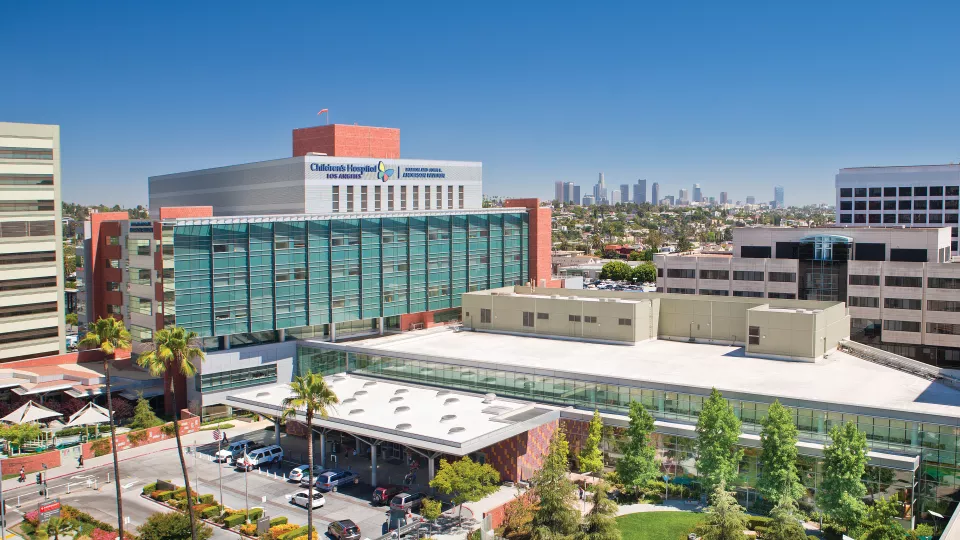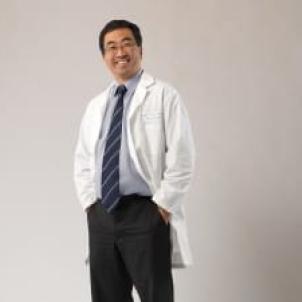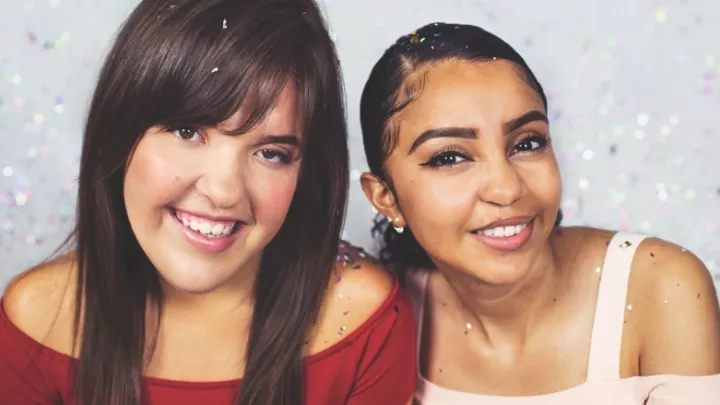
When it Comes to Plastic Surgery for Children, Earlier is Better

What makes plastic and craniofacial surgical issues so critical for children?
Mark Urata: As developing beings, children are quite sensitive about their appearance and how it can impact their self-esteem. They have a natural desire to fit in with their peers. It is a big part of our job to achieve a level of symmetry that helps children feel good about themselves.
What types of cases do you typically see?
MU: We treat a wide range of conditions resulting from birth defects, traumatic injury and previous medical treatment. This includes facial fractures, skin lesions, burns, dog bites, cleft lip or palate, scarring from infections, severed fingers or other body parts, and wounds. In addition, we treat craniosynostosis, where one or more sutures on a baby's head closes earlier than normal.
When should a parent consider cosmetic or reconstructive surgery for a child who has suffered an injury, such as a broken nose?
MU: In general, the earlier we treat a problem, the better. When we see such injuries immediately after they happen, we can often perform smaller, less invasive procedures or surgeries at that time, which can prevent the need for a larger surgery later in life.
You are funded by the National Institutes of Health to study the molecular mechanisms of cleft palate. What are you looking for?
MU: We are attempting to define the molecular chain reaction that must occur for a cleft palate to develop, with the goal of being able to interrupt that process. We hope that someday there may be a medication a pregnant woman can take to prevent a cleft lip or palate.
What other research are you pursuing?
MU: Most recently, we're looking at 3D printing as a way to replace missing parts of the body, such as the ear, one of the most common missing parts due to congenital defect or trauma. We're trying to find the optimum material to substitute for ear cartilage. It's very exciting work.
You and your team of pediatric surgeons and dentists routinely travel to other parts of the world to treat children in need. What motivates you?
MU: Just last year, we traveled to Jordan, where we operated on about 50 children at the King Hussein Medical Center. Medical missions are a great opportunity for us to spread the world-class care and teaching of Children's Hospital Los Angeles to other parts of the world.
A growing number of parents are embracing international adoptions. How do you help them prepare?
MU: We counsel many families when a child may have a congenital anomaly like a cleft lip. We can provide a comprehensive assessment prior to the adoption so parents understand what procedures may be anticipated in early childhood and over a child's life. Just knowing what to expect typically brings parents greater peace of mind.
How busy is CHLA’s Division of Plastic and Maxillofacial Surgery?
MU: We are one of the nation's largest, most respected craniofacial and pediatric plastic surgery centers, with more than 6,500 patient visits and 1,500 surgeries annually. Because our surgeons are subspecialists, your child gets the best expert for his or her condition. An experienced surgeon can treat a child more quickly with fewer stages and better results than someone who has had a low clinical volume of similar cases.


